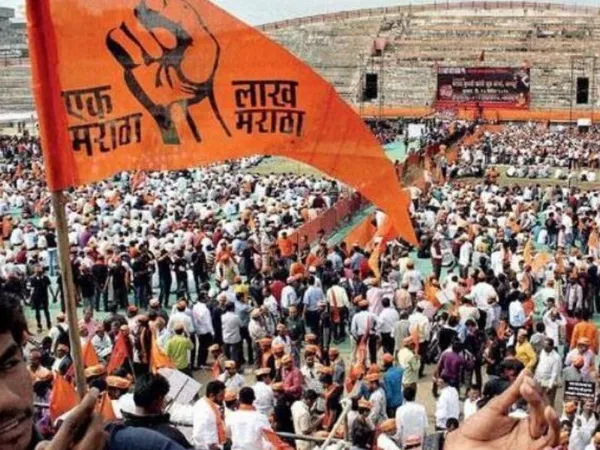Introduction
On February 20, 2024, a landmark decision by the Maharashtra government, led by Chief Minister Eknath Shinde, marked a significant turning point in the state’s reservation policy. The approval of a draft bill for a 10% reservation for the Maratha community in education and government jobs has reignited discussions on reservation policies in India. This move, aimed at providing opportunities beyond the existing 50% reservation cap set by the Supreme Court, reflects the government’s commitment to addressing the social and educational challenges faced by the Maratha community.
Background and Historical Context
The quest for reservation by the Maratha community is not new. Under the leadership of Jarange Patil, the community has long advocated for inclusion under the Other Backward Class (OBC) category. In 2018, a similar quota was introduced by the state government but was contested legally for breaching the Supreme Court’s 50% reservation limit. The Supreme Court’s 2021 verdict against the Maratha reservation highlighted the need for exceptional circumstances to exceed the cap, leading to a significant setback for the community’s reservation demands.
The Maharashtra Backward Class Commission’s Role
Central to the revival of the Maratha reservation debate is the comprehensive report by the Maharashtra Backward Class Commission (MBCC), led by Justice (Retired) Sunil Shukre. The commission’s survey, covering approximately 2.5 crore households, provided the necessary empirical evidence showcasing the Maratha community’s socio-educational disadvantages. This groundwork laid the foundation for the proposed 10% reservation, aiming to make a compelling case for an exception to the existing reservation cap.
Legal Challenges and Future Prospects
The Maharashtra government’s approach, inspired by reservation models for economically weaker sections (EWS) in other states, signals a strategic shift in tackling legal hurdles. However, the emphasis on community-based reservations raises questions about the potential impact on the welfare objectives initially envisioned by reservation policies.
Implications for the Maratha Community and Beyond
The introduction of the Maratha Reservation Bill mirrors the aspirations of the 2018 Socially and Educationally Backward Classes Act. With the Maratha community poised to claim a significant share of the EWS quota, the bill’s approval represents a crucial step toward redressing historical injustices and advancing social equity.
Conclusion
The Maharashtra government’s decision to extend a 10% reservation to the Maratha community underscores a pivotal moment in the state’s socio-political landscape. As Maharashtra navigates the complexities of reservation policies and legal challenges, the move brings hope and renewed vigor to the Maratha community’s longstanding struggle for recognition and equality. The journey ahead, while fraught with legal and ethical considerations, opens a new chapter in Maharashtra’s commitment to fostering an inclusive and equitable society.






